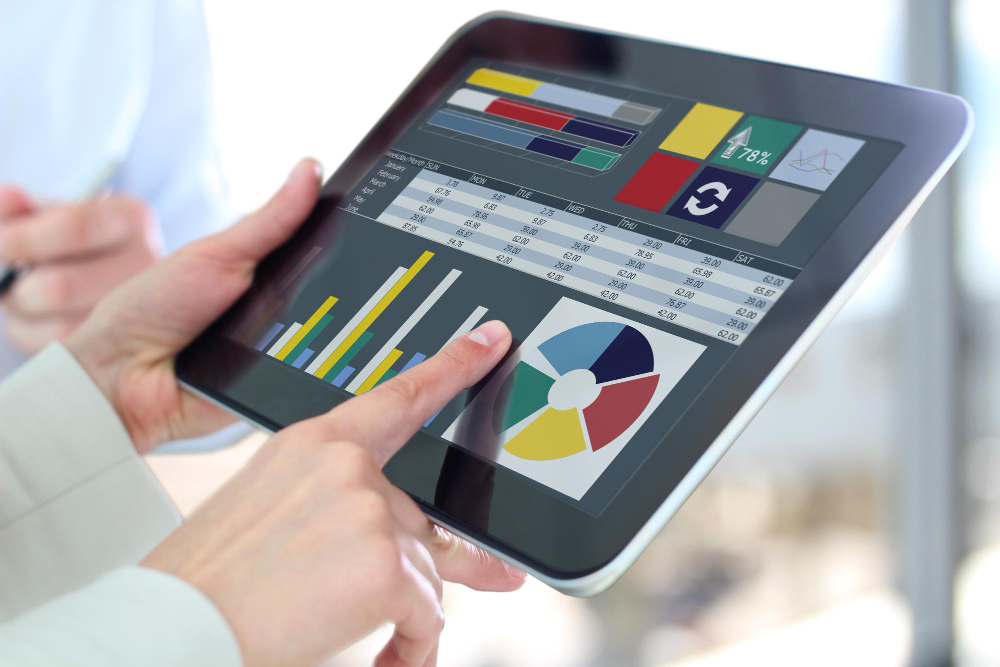In the fast-paced world of hospitality, staying ahead of the competition requires more than just exceptional service and a welcoming ambiance. With the advancement of technology, businesses in the hospitality sector are increasingly turning to data analytics for optimising hospitality EPOS systems to gain valuable insights and streamline operations.
Evolution of Data Analytics in Hospitality
Hospitality businesses no longer rely solely on intuition and manual processes to make critical decisions. With the evolution of data analytics, businesses now have access to a wealth of information that can be leveraged to drive growth and improve overall performance. From customer preferences to sales trends, data analytics has transformed the way hospitality businesses operate, enabling them to make data-driven decisions with precision and accuracy.
Data Analytics and Hospitality EPOS Systems
EPOS systems serve as the central hub for hospitality sectors, managing orders, transactions, and inventory. When combined with data analytics, these systems become a powerful tool for extracting valuable insights from the large volume of transactional data. Through analytics, businesses may transform raw data into useful insights that help them make well-informed decisions.
Benefits of Integrating Data Analytics with EPOS Systems
- Improved customer experience: By analysing customer data captured through EPOS systems, businesses can gain valuable insights into customer preferences, enabling them to personalise experiences and tailor offerings to individual tastes.
- Boost operational efficiency: Data analytics can help identify inefficiencies in operations, enabling businesses to streamline processes and improve overall efficiency. From optimising staffing levels to reducing wait times, data analytics can help businesses operate more smoothly and effectively.
- Better inventory management and cost control: By analysing sales data and inventory levels in real-time, businesses can optimise inventory management, reducing wastage and minimising costs. This not only improves profitability but also ensures that businesses have the right products in stock to meet customer demand.
- Increased revenue opportunities: Data analytics can uncover hidden revenue opportunities by identifying trends and patterns in customer behaviour. Whether it’s upselling additional products or offering targeted promotions, data analytics can help businesses capitalise on opportunities to drive revenue growth.
Data Security and Compliance
While data analytics offers numerous benefits, it’s essential for businesses to prioritise data security and compliance. With sensitive customer information being collected and analysed, businesses must implement strong security measures to protect data from breaches and unauthorised access. Businesses must also ensure compliance with data protection regulations to maintain customer trust and avoid potential legal consequences.
Future Trends in Data Analytics for Hospitality EPOS Systems
As technology continues to evolve, so too will the role of data analytics in optimising hospitality EPOS systems. From artificial intelligence and machine learning to predictive analytics, the future holds exciting possibilities for businesses looking to leverage data analytics to gain a competitive edge. By staying ahead of emerging trends and embracing new technologies, hospitality businesses can continue to drive innovation and deliver exceptional experiences to their customers.
Data analytics is playing an increasingly vital role in transforming hospitality EPOS systems. From improved inventory management to increased revenue opportunities, the benefits of integrating data analytics with EPOS systems are clear. Businesses must embrace data analytics to stay ahead of the competition and provide outstanding experiences for their customers as technology continues to evolve.
Boost your operations with the power of EPOS systems. Choose Power EPOS for a smarter, more streamlined approach to hospitality management. Schedule a demo now!

